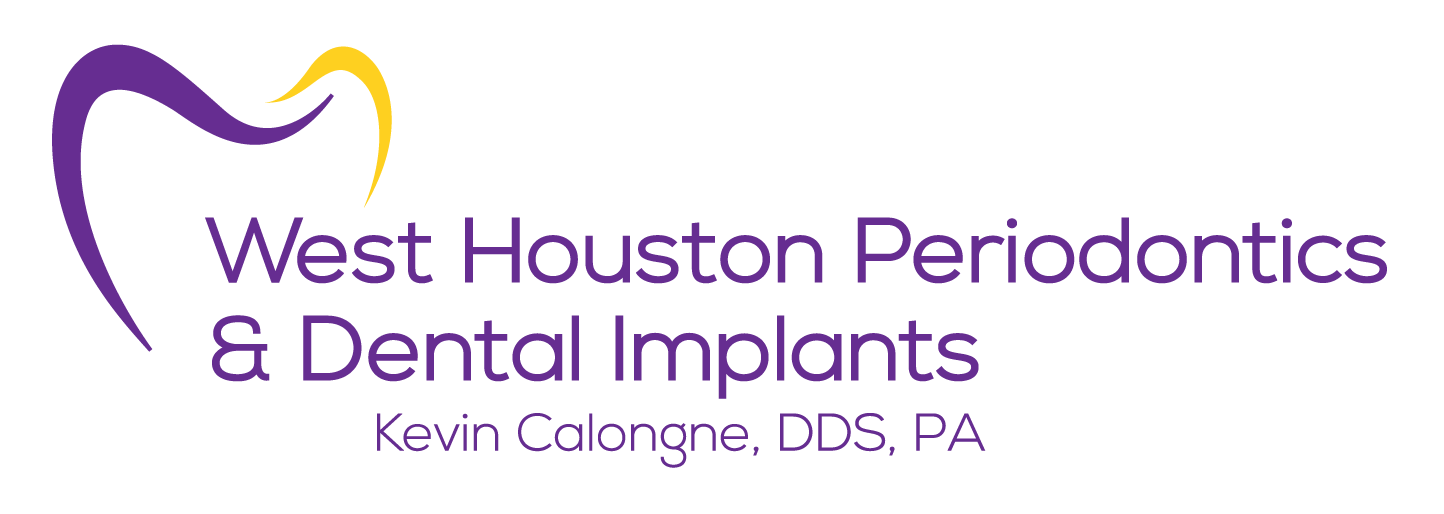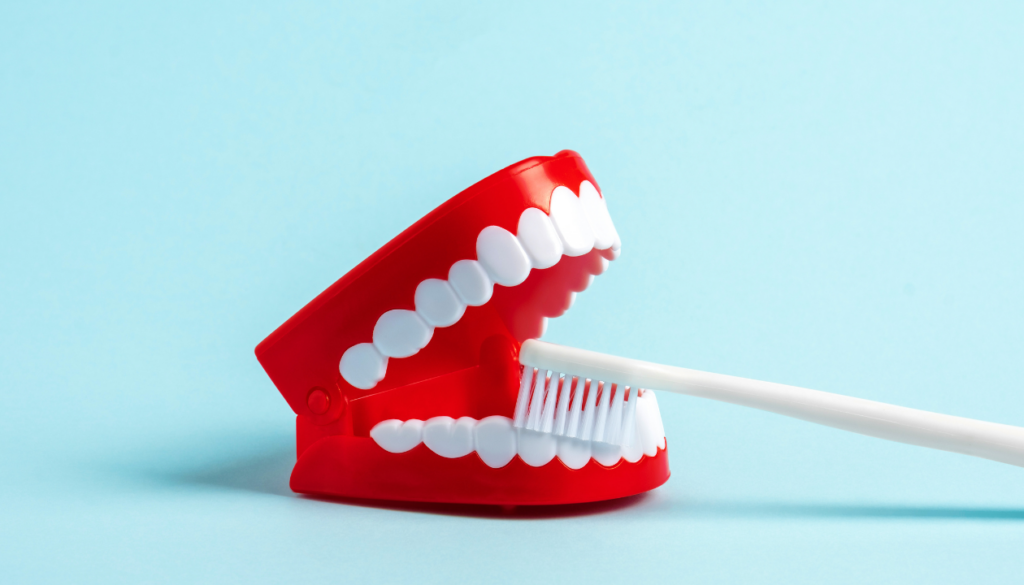Maintaining a bright smile and healthy gums starts with a solid oral hygiene routine. Did you know that 1 in 5 people suffer from tooth decay? This statistic highlights the importance of taking proactive steps to protect your oral health.
A consistent routine can help you avoid common issues like gum disease and cavities, ensuring your mouth stays in top shape.
To achieve optimal oral health, it’s essential to incorporate daily practices such as brushing twice a day, flossing, and using mouthwash. Each of these steps plays a crucial role in keeping your teeth and gums healthy.
With the right routine, you can enjoy a lifetime of confident smiles and good dental health. Let’s dive into the best practices that can make a real difference in your oral hygiene.
Understanding Oral Hygiene
Oral hygiene involves practices that maintain mouth cleanliness and prevent oral diseases. Adopting a solid oral hygiene routine supports the overall health of your teeth and gums.
Definition of Oral Hygiene
Oral hygiene consists of maintaining your mouth, teeth, and gums free from disease and infection. Key components include regular brushing and flossing, as well as periodic visits to your dentist. These practices help eliminate plaque and bacteria, reducing the risk of cavities and gum diseases.
Importance of Oral Hygiene
Oral hygiene is crucial for several reasons. Neglecting it can lead to cavities, gum disease, and bad breath.
Studies indicate that poor oral health is linked to systemic health issues, such as heart disease and diabetes. Regularly practicing good oral hygiene not only safeguards your dental health but also enhances your confidence in social and professional environments.
Establishing effective oral care habits early helps ensure long-term well-being for your teeth and gums.
Essential Practices for a Healthy Oral Routine
Adopting effective oral hygiene practices protects against gum disease and tooth decay. Key components include proper brushing, effective flossing, and the strategic use of mouthwash.
Brushing Techniques and Frequency
Brush your teeth at least twice a day, using a soft-bristled toothbrush. Position the brush at a 45-degree angle to your gums and use small circular motions to cover the front, back, and chewing surfaces of each tooth.
This technique ensures thorough plaque removal in about two to three minutes. Avoid using excessive pressure, as this can lead to tooth enamel erosion and gum recession. Change your toothbrush every three months or sooner if bristles appear frayed.
Flossing Techniques and Frequency
Floss at least once each day, ideally before brushing your teeth at night. Use about 18 inches of dental floss, winding it around your index fingers and gently sliding it between each tooth.
Follow the curve of each tooth to remove debris without damaging your gums. Avoid snapping the floss into place; instead, employ a gentle sawing motion.
Ensure you cover all areas, including the molars, to eliminate trapped food particles and reduce plaque buildup.
The Role of Mouthwash
Incorporate mouthwash into your routine once daily to complement brushing and flossing. Choose an alcohol-free mouthwash that contains fluoride to help strengthen enamel and reduce the risk of decay.
Swish it around your mouth for 30 seconds to one minute for optimal results. Mouthwash reaches areas that brushing and flossing might miss, further enhancing your oral hygiene and leaving your mouth feeling fresh.
Dietary Choices for Healthy Teeth
Your dietary choices significantly impact your oral health. Incorporate certain foods into your meals to strengthen teeth and gums while avoiding others that can cause harm.
Foods to Embrace
- Fruits and Vegetables: Crunchy options like apples and carrots help clean teeth and stimulate gums, promoting better oral health.
- Dairy Products: Calcium-rich foods such as yogurt and cheese strengthen teeth and bones, essential for overall dental health.
- Whole Grains: Whole grains provide necessary nutrients and fiber, supporting both your immune system and oral health.
- Leafy Greens: Rich in vitamins and minerals, leafy greens like spinach and kale can help neutralize acids and provide essential nutrients.
- Water: Water hydrates and rinses food particles away, reducing plaque buildup and helping maintain saliva flow to protect enamel.
Foods to Avoid
- Sugary Snacks: Limit intake of sugary foods, which can lead to cavities and plaque formation.
- Acidic Beverages: Reduce consumption of sodas and citrus juices that erode tooth enamel and increase the risk of dental decay.
- Processed Foods: Avoid overly processed items that often contain hidden sugars and acids detrimental to your teeth.
By prioritizing these dietary choices, you enhance not just your teeth but your overall health.
Maintaining Regular Dental Care
Regular dental care plays a crucial role in maintaining optimal oral health. Scheduling dental check-ups and being attentive to changes in your mouth can prevent significant issues down the line.
Importance of Routine Dental Check-Ups
Routine dental check-ups are vital for early detection and prevention of oral health problems. Dentists identify issues such as cavities, gum disease, and other abnormalities during these visits.
Professional cleanings remove plaque and tartar buildup that brushing and flossing may miss. These appointments also provide personalized advice tailored to your dental needs.
Regular check-ups help maintain a healthy smile, protecting you from complications that may arise from neglected oral problems.
Signs You Need to Visit the Dentist
Being aware of specific signs signals the need for a dental visit. Look for changes such as persistent bad breath, sensitive teeth, swollen or bleeding gums, and tooth pain.
Additionally, visible cavities or any changes in your bite warrant an appointment. If you notice these symptoms, don’t delay your visit to the dentist. Addressing problems early can prevent more severe issues, preserving your oral health and overall well-being.
Conclusion
Establishing a robust oral hygiene routine is essential for maintaining healthy teeth and gums. By committing to daily practices like brushing and flossing along with regular dental visits, you’re investing in your long-term health.
Remember to choose foods that support your oral well-being while limiting those that can cause harm.
Staying proactive about your oral care not only helps prevent dental issues but also boosts your confidence in social interactions. Make these habits a part of your daily life and enjoy the benefits of a bright smile and optimal oral health. Your future self will thank you.
Frequently Asked Questions
Why is oral hygiene important?
Oral hygiene is crucial for preventing cavities, gum disease, and bad breath. Poor oral care can lead to serious health issues, including heart disease and diabetes. Maintaining a routine helps keep your mouth, teeth, and gums healthy, boosting your confidence and overall well-being.
How often should I brush my teeth?
You should brush your teeth at least twice a day, ideally in the morning and before bedtime. This practice helps remove plaque and food particles, reducing the risk of cavities and gum disease.
What are the essential steps for a good oral hygiene routine?
A good oral hygiene routine includes brushing twice daily with a soft-bristled toothbrush, flossing once daily, and using mouthwash. Additionally, regular dental visits are essential for professional cleanings and early detection of potential issues.
What foods are good for oral health?
Foods that promote oral health include crunchy fruits and vegetables, dairy products rich in calcium, whole grains, and leafy greens. These choices help strengthen your teeth and gums. Avoid sugary snacks and acidic beverages for better dental health.
How can I improve my brushing technique?
For effective brushing, use a soft-bristled toothbrush at a 45-degree angle to your gums. Brush for two to three minutes, covering all surfaces of each tooth. Remember to be gentle to avoid damaging your gums.
When should I visit the dentist?
You should schedule regular dental check-ups every six months. Additionally, visit your dentist if you experience persistent bad breath, sensitive teeth, swollen or bleeding gums, or tooth pain, as early intervention can prevent serious issues.
Achieve the Best Oral Hygiene Routine with West Houston Periodontics
A solid oral hygiene routine is key to preventing gum disease and keeping your smile bright. At West Houston Periodontics, we offer guidance and professional care to help you achieve optimal oral health.
Don’t leave your smile to chance—book a visit today and start your journey to healthier teeth and gums!

